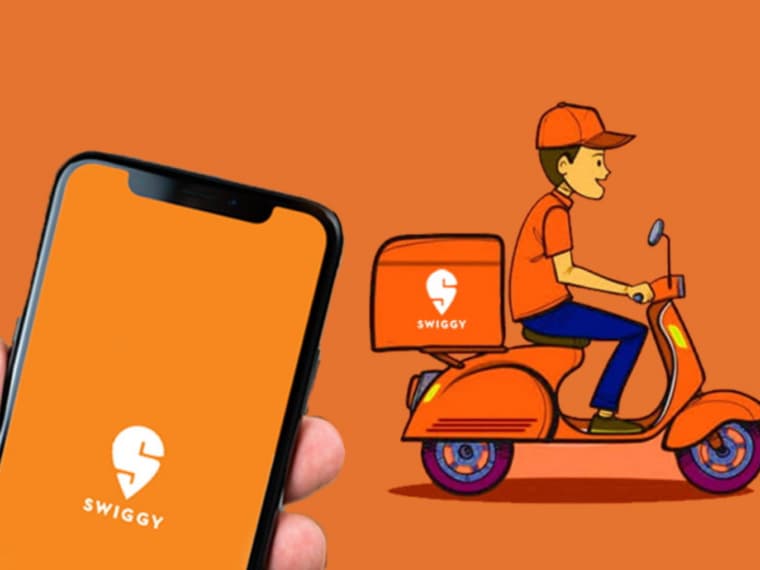
Swiggy is also collaborating with a third-party entity to develop a GPT-4-powered chatbot to offer customer support
Swiggy will pilot its neural search offering in September, which will offer personalised recommendations in response to open-ended user queries
Swiggy’s neural search has been built using an LLM, which has been trained on a database of more than 50 Mn items from Swiggy’s food catalogue
Following competitor Zomato’s suit, foodtech major Swiggy
In a blog post on July 20, Chief Technology Officer (CTO) Madhusudan Rao announced a slew of generative AI products. Headlining the launch was Swiggy’s ‘neural search’, an AI chatbot that offers personalised recommendations for a user’s open-ended and conversational queries.
Simply put, the neural search will return food and restaurant recommendations without the customers having to use or remember specific keywords.
The chatbot will be piloted by Swiggy beginning September. At the outset, the foodtech major will allow a select set of users to experience the new offering via text input. Based on the results of the trial run, the company will eventually roll out the offering to all its users.
Going forward, the neural search will also support voice-based queries as well as input in select Indian languages to broaden its reach.
Built in-house, Swiggy’s neural search has been built using a large language model (LLM), and has been trained on a database of more than 50 Mn items from Swiggy’s food catalogue.
Swiggy’s in-house LLM understands the terminology related to dishes, recipes, restaurants and Swiggy-specific search data. It then breaks down the query into multiple parts, and then runs it through a two-stage process to ‘respond accurately to relevant food-related queries in real-time’.
As per the company, the neural search offering was developed by its own tech team, which offers them ‘greater control over the product, faster iteration time, and the flexibility to adapt to changing market trends.’
Among other things, Swiggy also announced the integration of neural search into its quick commerce arm Instamart.
“The Generative AI efforts at Swiggy also go beyond just food. We are integrating neural search into Swiggy Instamart, where customers can discover groceries and household items in a conversational manner, making shopping more intuitive and efficient,” said Rao in a blog post.
In addition, the foodtech major also said that it leverages generative AI to power conversational bot for its restaurant discovery arm Dineout. The Dineout chatbot guides users to their restaurants of choice, ambience, ratings, parking and cost.
One of the biggest takeaways of the blog post was that Swiggy is currently collaborating with an unnamed third-party entity to develop a GPT-4-powered AI chatbot for customer service.
“In our pursuit of enhancing customer service, we are collaborating with a third-party to develop a GPT-4 powered chatbot. This bot will enable efficient and empathetic service to oft-asked customer queries, ensuring a seamless and delightful experience,” said the foodtech giant.
It also claims to be building various generative AI-powered solutions to streamline operational aspects related to restaurant partners and delivery executives. Giving a snapshot of this, Swiggy said that it is currently piloting an AI assistant for restaurant partners, built on in-house LLMs, to help businesses address queries related to onboarding, ratings and payouts.
This development comes hot on the heels of another recent announcement by Swiggy. Earlier this month, the company introduced a new platform, or a dashboard, to help restaurants gauge data insights into their operations.
In recent times, a slew of Indian startups have hopped onto the AI bandwagon to spur user engagement and offer tailored offerings to their customers. In June, Zomato began hiring key tech personnel for building and scaling its generative AI tools. This came after Blinkit launched its generative AI engine that helps users suggest recipes and find ingredients.
Recently, crypto investment platform Mudrex launched its generative AI chatbot SatoshiGPT, followed by ixigo also unveiling its ChatGPT-powered trip planner, PLAN.































 Ad-lite browsing experience
Ad-lite browsing experience